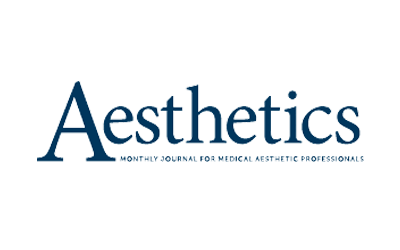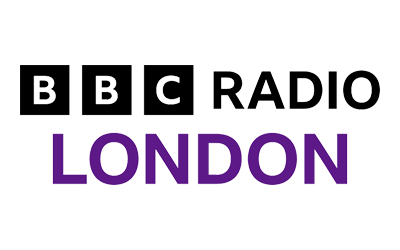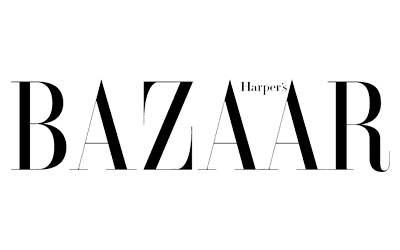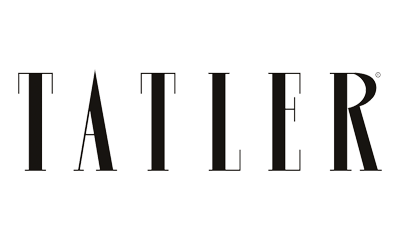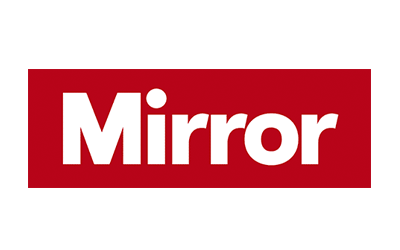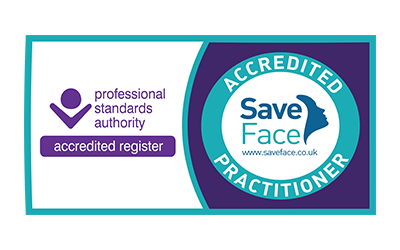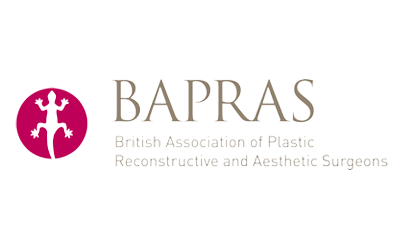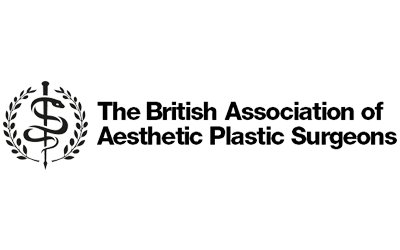The physical and emotional changes that occur during pregnancy and childbirth are both wonderful and sometimes unwelcome. A common occurrence is diastasis recti, or separation of the connective tissue that holds the parallel rectus abdominis muscle tightly together to accommodate the growing baby. It’s estimated that two-thirds of women experience this separation by the final trimester and studies show that about 40% of women have a diastasis at six months postpartum.
A recent study looked at the several ways that diastasis recti affected women. Many of the women surveyed felt that their body’s ability to function as normal had changed for the worse. Some women experienced discomfort and pain in their abdomen, lower back pain, pelvic floor dysfunction, and felt their core was significantly weaker which impacted their ability to perform daily activities or workout effectively. Most respondents were highly dissatisfied with the appearance of the tummy, feeling it bulged out and often left them looking as if they were still pregnant.
Can I fix Diastasis recti with exercise alone?
Diastasis recti is a complex condition and it is possible for some women with mild DR to greatly improve it through carefully-considered core rehab programme. Your tissues will gradually heal post-pregnancy and your body will eventually stop producing the excess progesterone and relaxin that encouraged muscle laxity while you were pregnant. Unfortunately, moderate to severe cases of diastasis recti require a more targeted approach than exercise alone.
EMSCULPT NEO for diastasis recti
EMSCULPT is an innovative technology for enhancing muscle mass and tone as well as eliminating stubborn pockets of fat and it seems that it can also improve mild to moderate cases of diastasis recti.
Radiofrequency energy heats up the targeted muscles, similar to a warm-up, and then HIFEM+ or Highly Focused Electromagnetic Energy stimulates powerful muscle contractions. A single 30-minute session is equivalent to 20,000 crunches. The stress on the rectus abdominis muscle causes the body to produce more muscle fibre, making it stronger and tighter.
Recent clinical studies have demonstrated how EMSCULPT can improve diastasis recti. One study published in the journal of Lasers in Surgery and Medicine, found “analysis…showed a statistically significant average 18.6% reduction of adipose tissue thickness, 15.4% increase in rectus abdominis muscle thickness, and 10.4% reduction in rectus abdominus separation (diastasis recti).”
Surgery for diastasis recti
Surgery to restore a healthy core and strengthen the abdominal wall is typically combined with removal of excess sagging skin on the abdomen in an abdominoplasty or tummy tuck procedure. During surgery, Mr Alex Karidis will bring the rectus abdominis muscle together and reinforce the midline. Similar to tightening a corset, the waistline is brought in for a greatly improved contour.
To find out more about EMSCULPT NEO for diastasis recti, call us on 0207 432 8727 to arrange a consultation.


